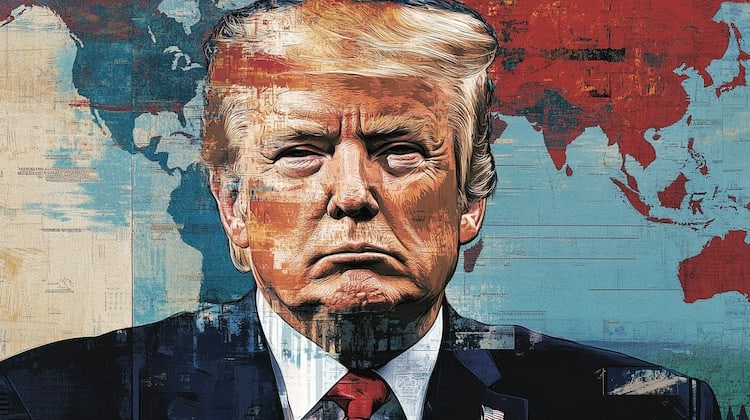The article discusses Donald Trump’s persistent belief in high tariffs as a cornerstone of America’s economic policy, which he has championed for over four decades. Following his inauguration, Trump imposed a 10% baseline tax on all imports and significantly raised tariffs on specific countries, notably China, leading to a 145% increase. This sparked a national debate on the long-term economic impacts of such policies.
Trump’s economic theory is rooted in a nostalgic view of American history, believing that heavy tariffs previously fostered prosperity and that the introduction of income tax was a mistake, contributing to economic instability. His administration has begun reshaping federal tax policy by significantly cutting the Internal Revenue Service’s workforce, raising concerns that it will increase tax evasion among the wealthy while disproportionately affecting working- and middle-class Americans.
The article highlights potential global consequences of U.S. tax and tariff policies, emphasizing that decisions made in Washington affect international financial systems. It suggests that as American corporate taxes decrease, wealth concentration may accelerate globally, particularly benefiting the ultra-wealthy.
The author calls for a coordinated global initiative to hold U.S. multinationals accountable through taxation, proposing that market access be contingent on tax contributions by wealthy owners. The piece concludes that Trump’s backward-looking economic policies threaten to deepen inequality and erode public trust, advocating for forward-thinking solutions that integrate economic fairness with global financial stability.



